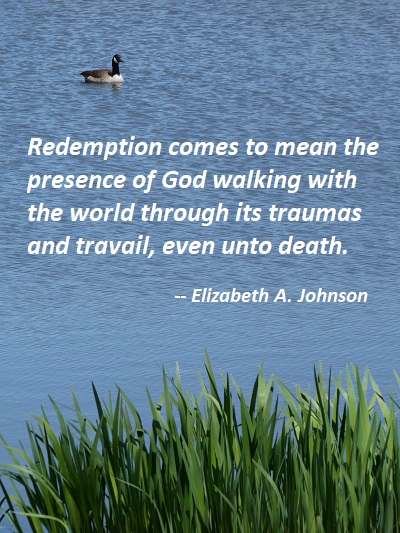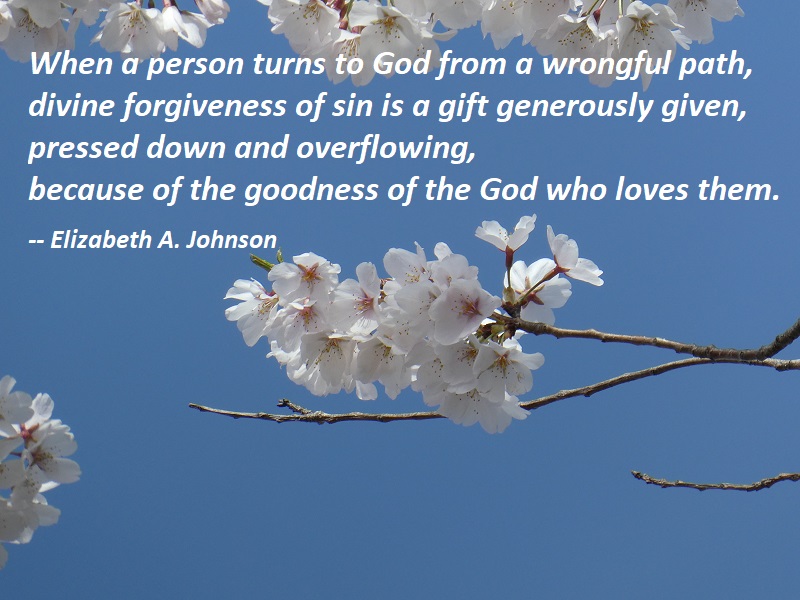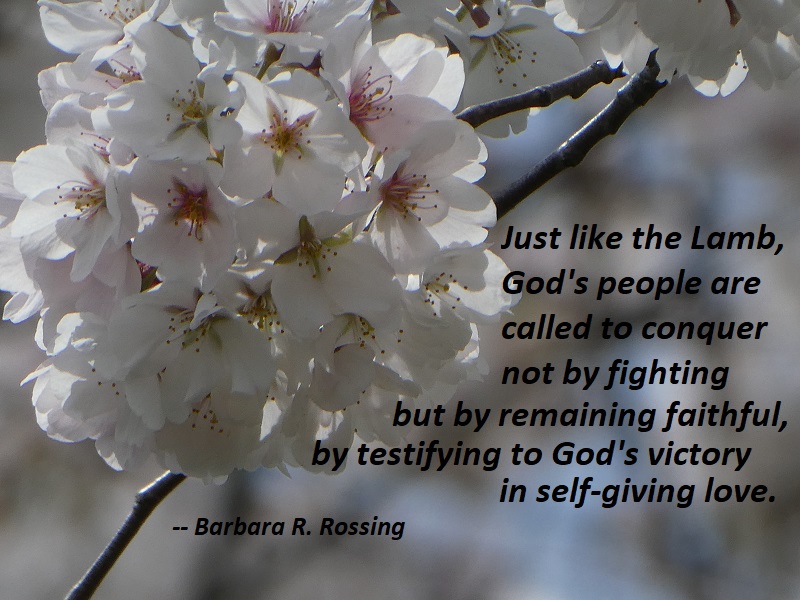Generous Love
The true point of the text is summarized in Hebrews 10:5-10. The truth is stated twice that God never wanted or desired sacrifices, nor did He take any pleasure in them. Instead, what God wanted was someone who would do His will. Jesus perfectly obeyed God’s will, which made Jesus the perfect living sacrifice. Yet Jesus did die. He died a sacrificial death. Through His death, He shed His blood for the sins of all mankind. The Bible clearly reveals this truth, as does the book of Hebrews. But the question is Why? Why did Jesus die? Why did Jesus shed His blood? Why did the shed blood of Jesus accomplish what bulls and goats never could?
The author of Hebrews has the answer. Jesus did not die because God required or needed sacrifice. He died to take away and bring an end to sacrifice. Jesus did this by revealing through His own sacrifice at the hands of men that God does not want sacrifice; we do. People sacrifice to God, even though God didn’t want such sacrifices. We sacrificed to God because we wanted sacrifice, and because sacrifice seemed to bring peace into our lives and communities. But when Jesus died and rose from the dead, He revealed that God does not want sacrifices, but instead wants people to live their lives in faithful obedience to Him, as He told Saul so long ago, “To obey is better than sacrifice” (1 Sam 15:22). Living in a relationship with God is what God has always wanted (cf. Heb 10:16). The sacrifices of the Mosaic Law were given as a substitute for relationship, but now that we have seen from Scripture and through Jesus that God never wanted or desired sacrifices, but only wanted us to live in a loving relationship with Him and each other, we can put away all sacrifices and live as God desires. Best of all, this is the only true way to find the peace we all seek. When we generously love and freely forgive as God has done for us, we then find peace with God and with one another.
— J. D. Myers, Nothing But the Blood of Jesus, p. 153-154
Photo: South Riding, Virginia, April 6, 2020









